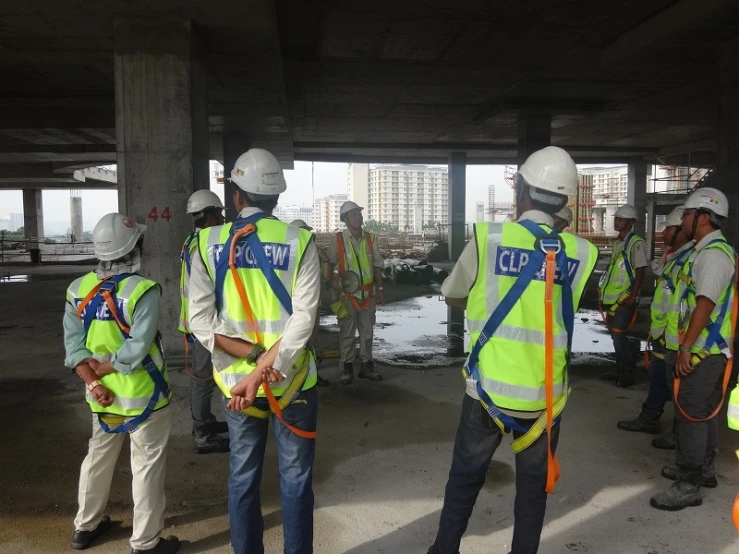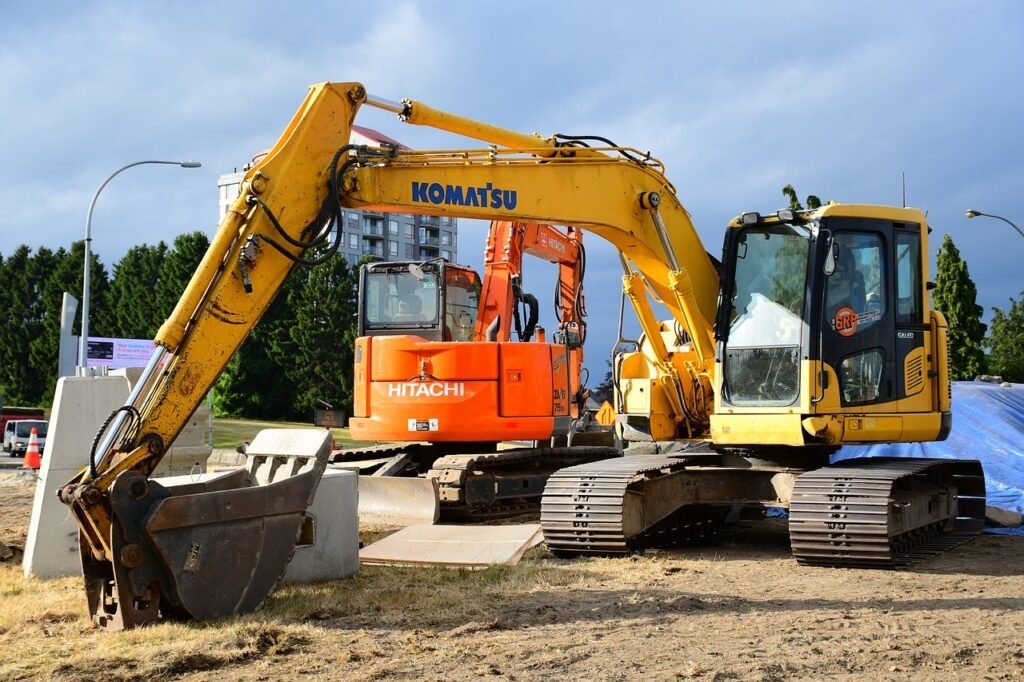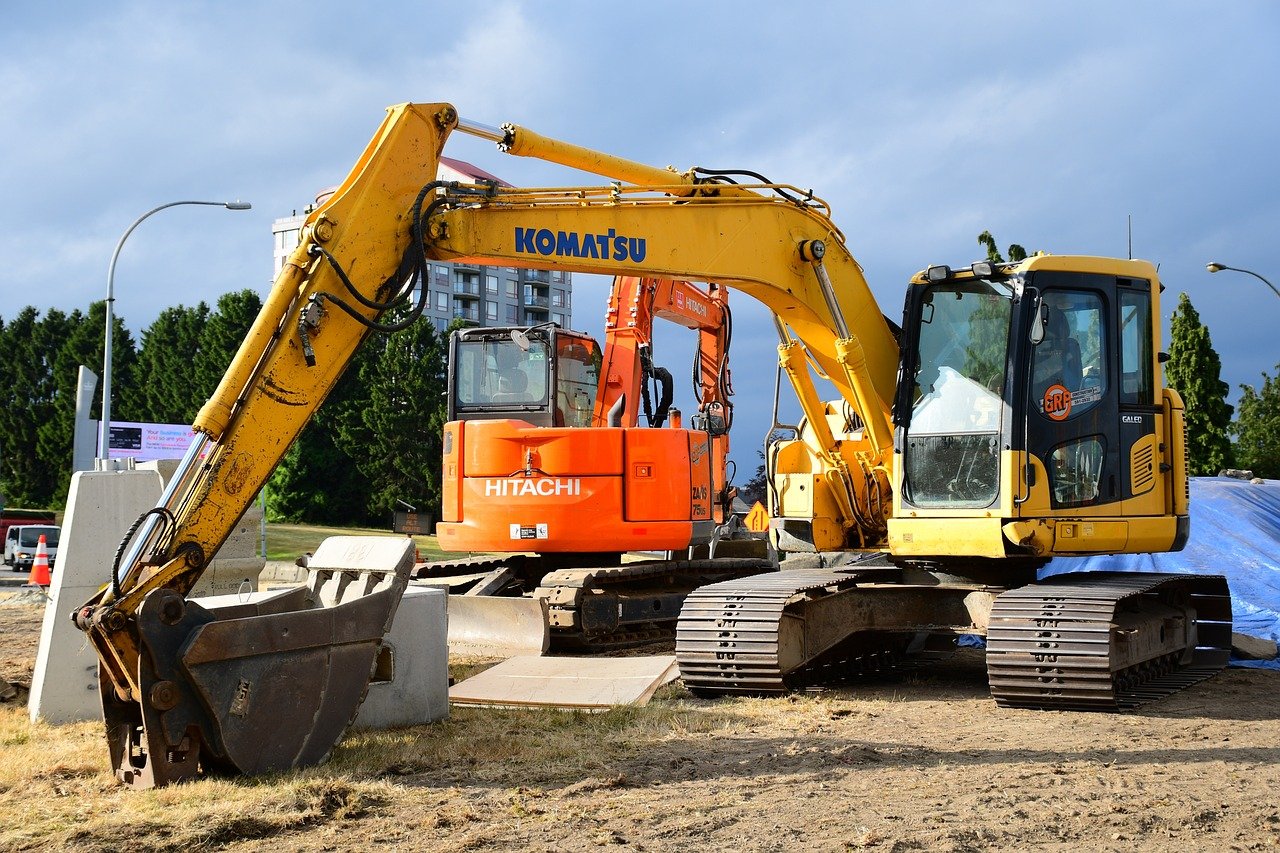Introduction
The excavating business plays a crucial role in construction and infrastructure development. Whether for residential, commercial, or industrial projects, effective excavating work is the foundation for success. This article addresses common questions related to the excavating industry to help you better understand it.
1. What is an excavating business?
The excavating business refers to services involving the use of specialized equipment for earthwork. This includes excavation of ground surfaces, foundation digging, and other land-related tasks. Common project types include residential construction, commercial development, and industrial facility construction.
2. What services do excavating companies offer?
Excavating companies typically provide the following services:
- Excavation: Digging foundations, trenches, and ponds.
- Grading: Ensuring land surfaces are level for subsequent construction.
- Trenching: Digging trenches for pipes and cables.
- Land Clearing: Removing trees, shrubs, and other obstacles.
- Specialized Services: Such as demolition, site preparation, and drainage solutions.

3. How do I choose the right excavating company?
When selecting an excavating company, consider the following key factors:
- Experience: The number of years the company has been in the industry and the projects completed.
- Reputation: Feedback and reviews from clients.
- Licensing: Ensure the company holds valid business licenses and insurance.
- References: Look at the company’s past successful projects.
4. What equipment is commonly used in excavating?
Common equipment used in excavating includes:
- Excavators: Suitable for various excavation tasks with powerful digging capabilities.
- Bulldozers: Used for leveling land and moving earth.
- Backhoes: Combining digging and loading functions, suitable for smaller projects.
Modern excavating equipment often comes with safety features and efficient technology to ensure safe and effective operations.
5. What should I consider when buying used excavating equipment?
When purchasing used excavating equipment, consider the following factors:
- Equipment Condition: Carefully inspect the equipment’s appearance and operational state.
- History: Understand the equipment’s maintenance and usage history.
- Price: Compare market prices to ensure a fair deal.
Used equipment can be more cost-effective, but careful selection is crucial to avoid potential issues.
6. How much does excavating work cost?
The cost of excavating work varies based on several factors:
- Project Size: Larger projects typically incur higher costs.
- Location: Geographic location may affect transportation and operational costs.
- Complexity: Complex terrain or special requirements can increase expenses.
Excavating companies usually offer hourly rates or project quotes.
7. What steps are involved in an excavating project?
The steps involved in an excavating project include:
- Site Assessment: Conducting an initial evaluation of the project site.
- Planning: Developing a detailed construction plan.
- Execution: Carrying out the actual excavation and earthwork.
- Cleanup: Tidying up the site after completion to ensure cleanliness.
It’s essential to follow relevant permits and regulations throughout this process.
8. How long does an excavating project typically take?
The duration of an excavating project depends on various factors:
- Project Scale: Larger projects take longer to complete.
- Terrain Conditions: Complex terrain may lead to delays.
- Weather Conditions: Adverse weather can affect construction progress.
Typically, smaller projects may be completed in a few days, while larger projects can take several weeks.

9. What safety concerns are there in excavating?
There are several safety concerns in excavating work, including:
- Cave-in Risks: Possible soil collapse during excavation.
- Equipment Accidents: Improper operation can lead to machinery failures or injuries.
- Environmental Hazards: Such as finding underground lines or contaminants.
Hiring trained professionals can effectively mitigate these risks.
10. What should I prepare before an excavating project starts?
Before the project begins, clients should prepare as follows:
- Clear the Site: Remove obstacles to ensure a clear construction area.
- Mark Utilities: Clearly identify the locations of underground lines and cables.
- Communicate Needs: Discuss specific requirements and expectations with the excavating team.
11. How can I maintain excavated land after the project?
Post-excavation, maintaining the land is crucial for long-term stability:
- Drainage Solutions: Ensure proper drainage to prevent water accumulation.
- Landscaping: Consider vegetation and aesthetics to enhance land value.
- Follow-up Services: Regular checks and maintenance to prevent issues.
12. How can I evaluate an excavating company’s reputation?
Methods to assess an excavating company’s reputation include:
- Client Feedback: Reviewing customer ratings and success stories.
- Industry Certifications: Checking if the company has obtained relevant industry certifications and awards.
These approaches help you better understand the company’s professionalism and reliability.
13. What common misconceptions exist when choosing an excavating company?
Common misconceptions when selecting an excavating company include:
- Focusing Solely on Price: Only considering cost may overlook service quality.
- Ignoring Experience: New companies might lack essential expertise.
- Not Checking Credentials: Failing to verify licenses and insurance can pose risks.
Avoiding these misconceptions can help you make more informed choices.
Conclusion
Choosing the right excavating business is vital for project success. By understanding the various services, equipment, and market trends, you can make more informed decisions. If you have any questions or need further information, feel free to contact us.
Call to Action
Please contact us to answer your further questions or schedule a consultation. We look forward to assisting you!



